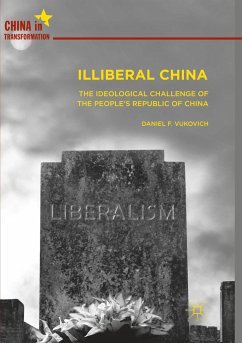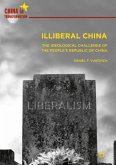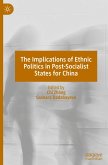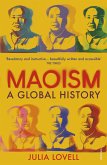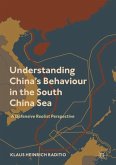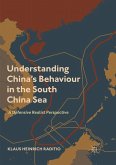This book analyzes the 'intellectual political culture' of post-Tiananmen China in comparison to and in conflict with liberalism inside and outside the P.R.C. How do mainland politics and discourses challenge 'our' own, chiefly liberal and anti-'statist' political frameworks? To what extent is China paradoxically intertwined with a liberal economism? How can one understand its general refusal of liberalism, as well as its frequent, direct responses to electoral democracy, universalism, Western media, and other normative forces? Vukovich argues that the Party-state poses a challenge to our understandings of politics, globalization, and even progress. To be illiberal is not necessarily to be reactionary and vulgar but, more interestingly, to be anti-liberal and to seek alternatives to a degraded liberalism. In this way Chinese politics illuminate the global conjuncture, and may have lessons in otherwise bleak times.
"The strengths of the book lie in its coverage of a wide range of discourses, interdisciplinary outlook, and the contextualization of Chinese illiberalism. Its critique of deep-seated liberal presumptions of mainstream China studies also deserves further debate." (Shih-Diing Liu, China Information, Vol. 34 (1), 2020)
"Vukovich's book is an intellectually-challenging and therefore interesting read. The book makes an important contribution that puts the Chinese state in a broader theoretical context of (neo-) liberalism and its apparent decline. Scholars interested in critical theory as well as those observing the Chinese political system and especially those willing to challenge the Western narrative of China are strongly recommended to study this work." (Felix Wiebrecht, Democratization, Vol. 2016 (2), 2019)
"Vukovich's book is an intellectually-challenging and therefore interesting read. The book makes an important contribution that puts the Chinese state in a broader theoretical context of (neo-) liberalism and its apparent decline. Scholars interested in critical theory as well as those observing the Chinese political system and especially those willing to challenge the Western narrative of China are strongly recommended to study this work." (Felix Wiebrecht, Democratization, Vol. 2016 (2), 2019)

